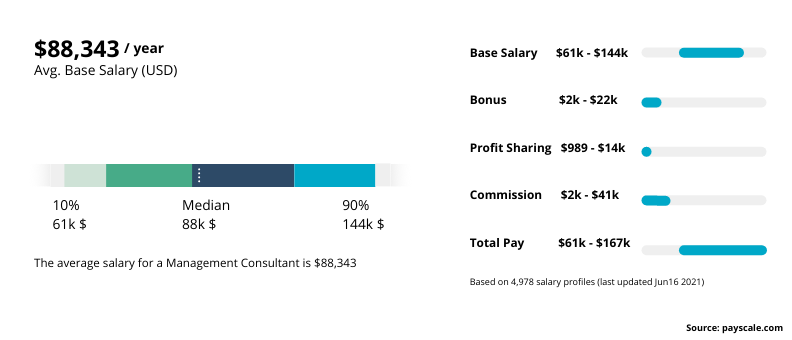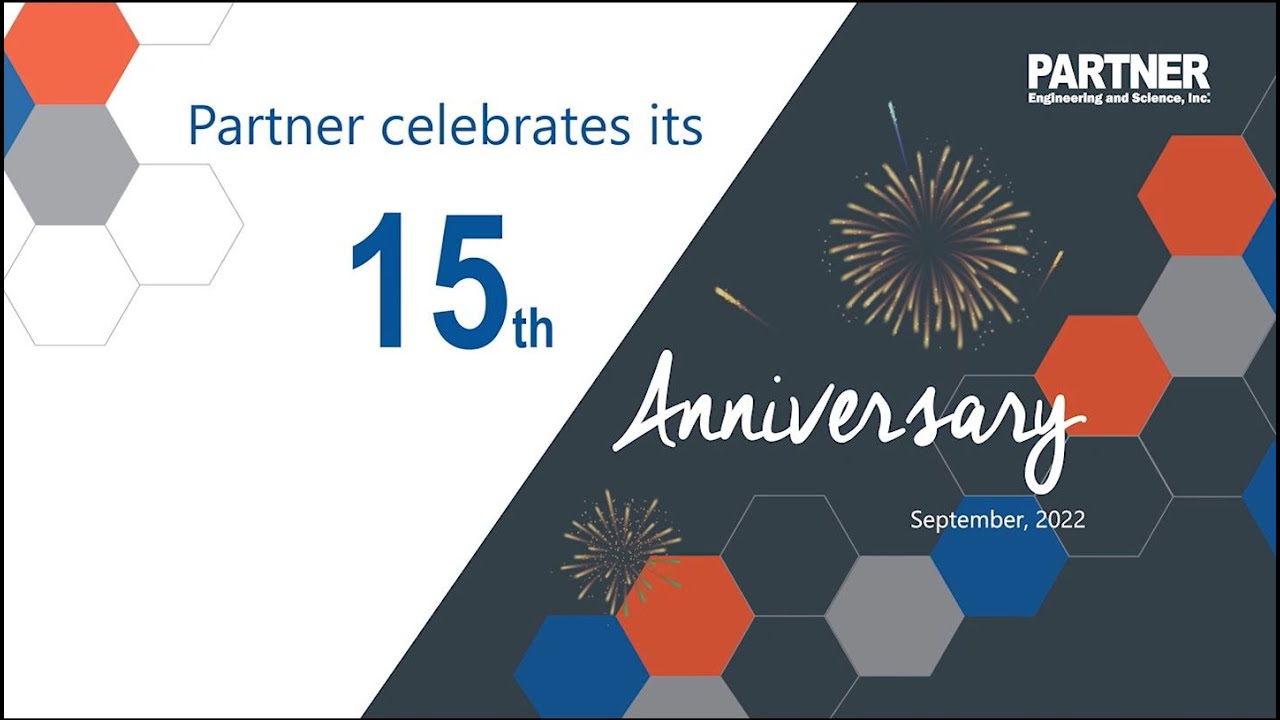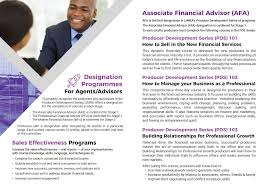
McKinsey and Company is a good place for you to look if your goal is to get a high-paying job with a company that is comparable with others in the industry. You can learn more about the average salary, Bonuses, and office location. Learn about the company's culture, and how they reward their staff.
Average salary
McKinsey and Company pay an average salary of around $402,000 per annum, but it can vary widely. The highest-paid employees receive around $240,000 per a year, while those with the lowest salaries earn about $18,000. Salaries for partner at the firm can range from $199,000-over $1 million. Partner compensation is also dependent on performance and commissions.
Associates can earn as much as $154,000 annually. They can also be called Project Leaders, and their salaries can climb as high as $220,000. Performance bonuses and profit-sharing options can increase associate salaries. Associate status is usually achieved after three to six year.
Salary progression
McKinsey is very interested in the progression of employees' salaries. Employees can rise up from the lowest tier to become junior associates. As they progress in their careers, employees can be promoted to senior partners. This will give them a salary of approximately $5 million. They will be able to earn bonuses, which are usually around 90% of the performance bonus, as they progress up the ladder.

McKinsey consultants have a different salary structure depending on the job they do. As your role in the company expands and you work on more difficult projects, your salary will likely rise. An entry-level salary for a consultant is $108,000 to $116,000 annually. This is an average salary. Higher salaries can be achieved by those who have a doctorate or an MBA.
Bonuses
When it comes to company bonuses, McKinsey isn't the worst of the bunch. The signing bonus it offers MBAs is nearly doubled since the previous year, to $30,000. Bain, in particular, contributes $7,000.500 to the company's 401k plan. BCG, on the other hand, places a portion it profits in each undergrad's retirement account. BCG, however, doesn't reveal its bonus. However, the firm recently increased its MBA signing bonus from $25k to $30k in order to keep pace with tech companies.
McKinsey’s bonus is greater than that of other companies within the consulting industry. McKinsey & Company, for example, pays a consultant at Goldman Sachs $50k more than an associate at McKinsey & Company. The gap between consulting firms and banks has widened to more than $100k a year. McKinsey & Company provides a $10,000 relocation bonus for graduate who move to the company.
Offices
McKinsey headquarters and offices are located at the Innovation District in South Boston. These offices employ 200+ consultants and are known for their progressive atmosphere. Boston is a city with a rich culture, and an environment that encourages innovation. But housing costs are significantly higher than the national median. Take into consideration the many options when considering moving to Boston.
McKinsey and Company are a global consultancy firm with offices across the globe. Each city has its own unique office environment. Each office offers a different workplace culture and industry focus, so it is important you choose one that meets your needs.

Levels
The company's hierarchy is clear with levels that range from Associate Consultant to Partners. McKinsey offers a traditional career path. As an Analyst, you can work your way up to Partner. As you progress through the ranks, you'll become more skilled at analyzing and presenting data. Associate Consultant positions require a graduate degree. However the firm offers roles for individuals without degrees.
Bain and McKinsey may be similar in size, but McKinsey is more formal. The company takes their work seriously and tends have longer working hours. Because it might appear unprofessional to clients, the company doesn't give employees logo gifts. Both companies offer similar compensation, although McKinsey is more prestigious and has a larger alumni network.
FAQ
Is it possible that a consultant business can be started from home?
Absolutely! This is something that many consultants do already.
Working remotely is a common way for freelancers to work. They use tools like Skype, Trello (Slack), Trello, Basecamp and Dropbox. To avoid being left out of company perks, they often set up their own office space.
Some freelancers prefer working in cafes and libraries over traditional offices.
Others prefer to work from home as they feel more at home with their families.
Working from home comes with its own pros and cons. If you love your job, working from home is definitely something worth looking at.
What qualifications do you require to become a Consultant?
Not only is it important to have an MBA but you should also have business consulting experience. A minimum of two years' experience in consulting, training and/or advising a major company is necessary.
Your experience in strategy development projects requires that you work closely with senior managers. You will need to feel comfortable communicating ideas to clients and getting their support.
Additionally, you will need to pass a professional qualification such as the Chartered Management Institute Certified Management Consultant (CMC).
Consulting is it a job?
Consulting is not just an entry-level career choice for people who want to make money fast - it's also a great way to learn valuable skills and build a solid foundation that you can use throughout your work.
There are many options for consulting. These include project management, business strategy, strategy, leadership, and training. There are many projects you could be involved in, from small start-ups all the way up to large-scale multinational corporations.
You can develop your skills and gain experience in a variety of industries by consulting. This could be learning to manage people, write proposals and manage budgets, analyze data and create presentations, or conduct market research.
What is a consultant and what are their responsibilities?
A consultant is someone who provides services for other people. Consultant is not just a job title. It's a position where you help people achieve their goals. This involves helping them to understand their choices and making the right choices.
Consultants are skilled at solving problems and overcoming challenges that can arise during projects. They offer guidance and advice about how to implement such solutions.
Consultants should be able and willing to answer any questions regarding business, technology or finance, leadership, strategy, customer service, legal, management, leadership, management, law, management, law, procurement, legal, marketing, human resources, etc.
How do you choose a consultant to help me?
There are three main factors to consider:
-
Experience - How many years of experience is this consultant? Are you a beginner or an expert? Does her resume show that she has the necessary skills and knowledge?
-
Education – What did the person learn in school? Did he/she pursue any relevant courses once he/she graduated? Are we able to see evidence of his/her learning through the way he/she writes
-
Personality - Do we like this person? Would we prefer him/her working for us?
-
The answers to these questions help determine if the consultant is right for our needs. If you don't have clear answers, it may be worth meeting with the candidate for an interview.
What is the difference between a consultant and an advisor?
An advisor gives information on a topic. Consultants offer solutions to problems.
Consultants work directly for clients to help achieve their goals. The advisor provides indirect advice through books, magazines lectures, seminars, and the like.
What is the average time it takes to become a consultant
Depending on your industry and background, the time required will vary. Most people start with just a few months of work before finding employment.
Some consultants, however, spend many years perfecting their skills before they find work.
Statistics
- According to IBISWorld, revenues in the consulting industry will exceed $261 billion in 2020. (nerdwallet.com)
- "From there, I told them my rates were going up 25%, this is the new hourly rate, and every single one of them said 'done, fine.' (nerdwallet.com)
- Over 50% of consultants get their first consulting client through a referral from their network. (consultingsuccess.com)
- 67% of consultants start their consulting businesses after quitting their jobs, while 33% start while they're still at their jobs. (consultingsuccess.com)
- My 10 years of experience and 6-step program have helped over 20 clients boost their sales by an average of 33% in 6 months. (consultingsuccess.com)
External Links
How To
What does a typical day look like for a consultant?
A typical day will vary depending on the type of work you are undertaking. You'll spend your time researching new ideas and meeting clients.
You'll often have meetings with clients where you can discuss issues and solve problems. These meetings may be over the phone via email, on-line, or face-to–face.
You may also be asked to prepare proposals, which are documents outlining your ideas and plans for clients. These proposals will be presented to clients by you and a mentor.
You will need to create content after all your planning and preparation. This could include writing articles, designing websites or editing photos.
It depends on the project's scope, you might need to do some research to collect relevant statistics. For instance, you might want to find out how many people you have and if they are buying more than just one product or service.
Once you have all the information needed, it is time for clients to see your findings. You can either present your findings in writing or orally.
After the initial consultation, it is important to follow up with clients. For example, you could call your clients periodically to check how things are going. Or send them emails asking them to confirm they have received the proposal.
While this can be a slow process, it's essential to remain focused and maintain good working relationships with clients.